In the early days of the COVID pandemic, the Canadian housing market boomed and mortgage interest rates dropped significantly. At that time, many people chose a variable mortgage rate since there were no signs of when the housing market boom would end. These days, however, many Candians are worried about how high mortgage rates can climb. With interest rates rising as the central bank tries to rein in price inflation, what does locking in a variable mortgage rate mean for homeowners?
Fixed Rate Vs Variable Mortgage – What Is The Difference?
Fixed Rate Mortgage:
A fixed rate mortgage has the interest rate locked in for the full term of the mortgage. Whether on a three or a five year term, your interest rates and monthly mortgage payments will remain the same. For many homeowners, a fixed rate mortgage is a good option since it provides them security and peace of mind by knowing exactly how much the payments will be for the duration of the mortgage term. Additionally, fixed rate mortgages can be open or closed. An open fixed rate mortgage can be paid off at any time without any breakage costs, while a closed fixed rate mortgage has cost applied if it is paid off prior to its maturity.
Variable Rate Mortgage:
A variable rate mortgage usually fluctuates based on the market interest rate, also known as the prime rate. As a result, homeowners can expect to have their mortgage payments fluctuate when the prime rate fluctuates. So, when interest rates go down, more of the monthly mortgage payment is applied to reduce the principal. When the interest rates go up, more of the mortgage payment is applied to payment of interest.
The pro of a variable rate mortgage over a fixed rate mortgage is that it allows homeowners the flexibility to take advantage of falling interest rates. The disadvantage, however, is that cancellation penalties are usually applied when homeowners choose to break their current mortgage agreement and lock their variable rate mortgage into a fixed rate.


Should You Lock In Your Variable Rate Mortgage? Well, It Depends.
Your life decisions will most likely determine whether or not you should lock in your variable rate mortgage. For those that are planning to sell their home and have flexibility to refinance their mortgage, staying with a variable rate is indeed a good option. Also, breaking a variable rate mortgage agreement usually carries with it a 3 month interest penalty at your current rate.
If you decide to convert your variable rate into a fixed rate mortgage, you should know that you will usually have to pay the greater of three months interest or the interest rate differential at the time of discharge. In our current times when interest rates are on a sharp rise, locking in a variable rate mortgage may be a risk that could spell financial disaster for many homeowners.
As always, all homeowners should work with their mortgage specialist so that they can make the best decisions based on their unique circumstance and budget.
Partnering with various mortgage specialists and brokers our team is here to help and provide additional information about variable and fixed rate mortgages. Contact us to learn more.


